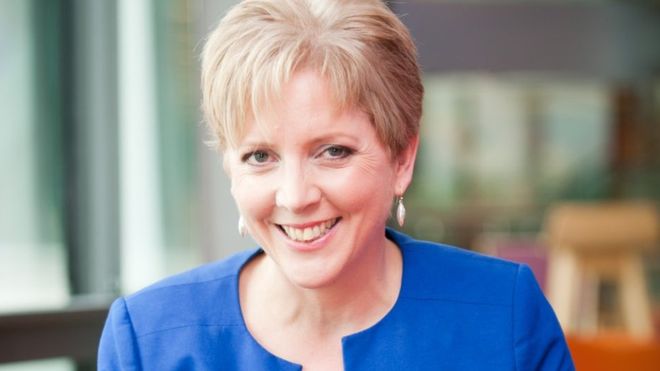A BBC editor has left her post as China editor claiming her media house has failed after series of agitations to deal with pay inequality between male and female staff.
Carrier Gracie is now returning to the BBC TV newsroom to continue her work but will no longer stay in her position as China editor.
Ms Gracie said she was shocked to know that the BBC’s two male international editors for US and Middle East earned “at least 50% more” than BBC’s two other female foreign editors.
US editor Jon Sopel is reported to be earning £200,000-£249,999, while Middle East editor Jeremy Bowen is also believed to be earning £150,000-£199,999.
In an open letter, Ms Gracie said the BBC has “secretive and illegal pay culture” and is now facing a “crisis of trust”.
Gracie has worked with the BBC for more than 30 years and like many other women who work at the corporation became outrage at revelations last year that two-thirds of stars at the BBC earning more than £150,000 were male.
Despite petitions including protest from Gracie and other women, she said in her blog that the BBC responded that there was “no systemic discrimination against women”.
She would return to her former post in the TV newsroom and said there she expects “to be paid equally”.
“I believe you have a right to know that it is breaking equality law and resisting pressure for a fair and transparent pay structure” Gracie wrote alerting audiences of the BBC who pay licence fee for the corporation’s upkeep.
There have been reactions to Gracie’s letter and action.
brave brilliant #CarrieGracie #istandwithCarrie #equalpay #BBCwomen
— lyse doucet (@bbclysedoucet) January 7, 2018
She is brilliant, relentless, one of our best. Read #carriegracie letter over why she resigned over unequal pay published in @thetimes #BBCWomen #equalpay #istandwithcarrie https://t.co/ICkyHvF7Si pic.twitter.com/COipRZB1JH
— Alpa Patel (@alpapatel) January 7, 2018
Not only is she a great broadcaster but stands up for what she believes in. I admire her. It can’t be easy.
— Linda Boland (@LalaBean1) January 7, 2018
I have always admired her and was sad she left for China. But I feel her return for such a reason is also sad. She is a brave and strong woman and she has helped women in this culture of unequal pay. Love you Carrie!
— Sherry Billings (@sbillings772) January 7, 2018
I am totally with Carrie us tv license holders pay for this and what she is saying is true she just wants them brought in line with the women’s wages which will save money so she isn’t asking for a pay rise #stand with carrie
— debbie day (@debbie438day) January 8, 2018
Source: Africafeeds.com



